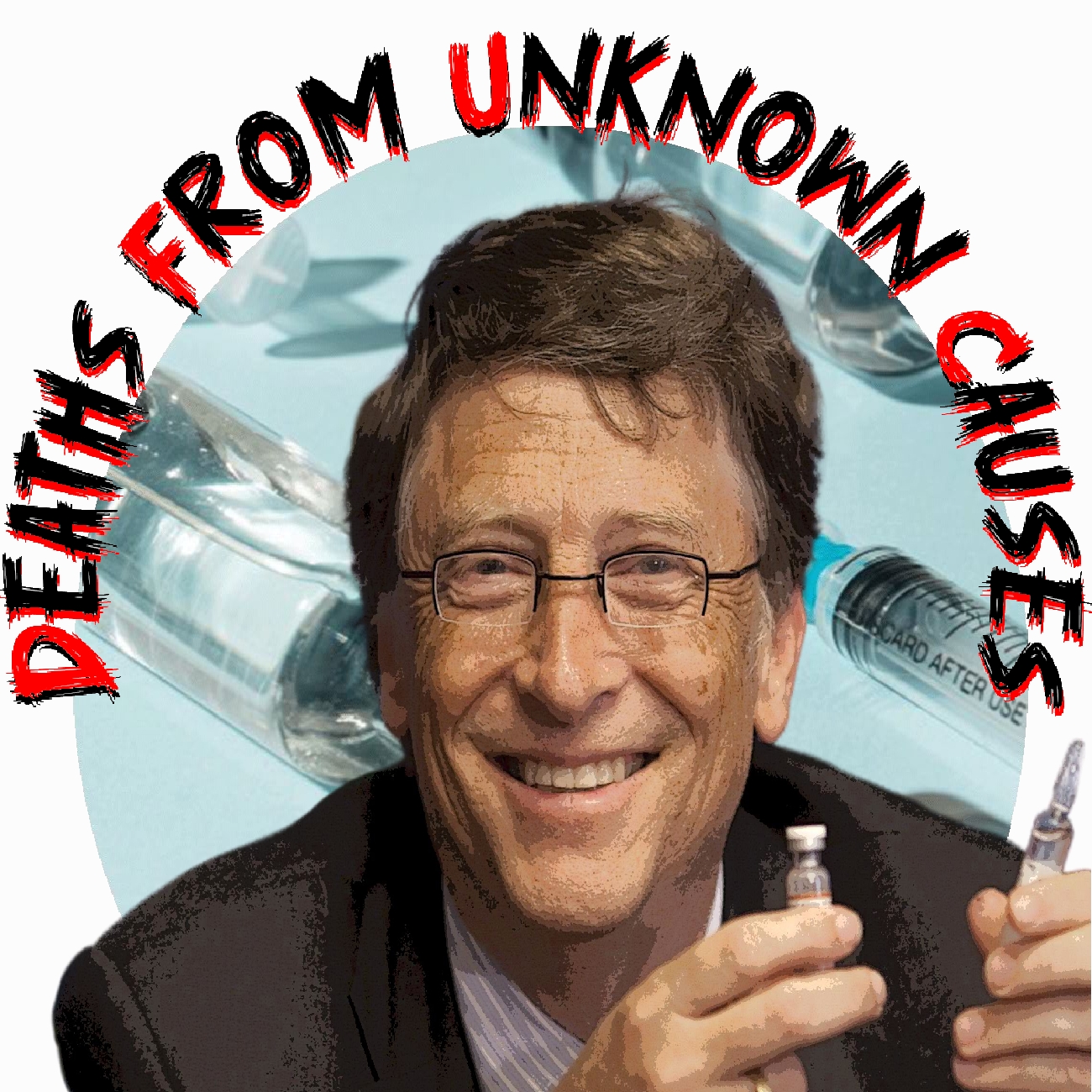Bill Gates is an American business magnate, software developer, investor, author, and philanthropist. He was born on October 28, 1955, in Seattle, Washington. Gates is best known as the co-founder of Microsoft Corporation, which he established in 1975 alongside his childhood friend Paul Allen. Microsoft became the world’s largest personal computer software company, and Gates was the chairman, CEO, and chief software architect at various times during his career at the company.\n\nUnder his leadership, Microsoft introduced several widely used software products, including the Microsoft Windows operating system and the Microsoft Office suite, which became dominant in their respective markets. Gates played a key role in the personal computer revolution of the late 20th century, significantly influencing the development of the software industry and the adoption of computers in homes and offices around the world.\n\nIn 2000, Bill Gates and his then-wife, Melinda Gates, founded the Bill & Melinda Gates Foundation, one of the largest private charitable foundations globally. The foundation focuses on enhancing healthcare, reducing extreme poverty, and expanding educational opportunities and access to information technology. Gates has shifted much of his focus to philanthropy, working on global health, education, and climate change initiatives.\n\nGates has been consistently ranked among the world’s wealthiest people. Despite his wealth, he has pledged to give away the majority of his fortune through The Giving Pledge, which he co-founded with Warren Buffett. This initiative encourages billionaires to donate the majority of their wealth to address society’s most pressing problems.\n\nBill Gates has authored and co-authored several books and articles, sharing his visions on technology, innovation, and energy sustainability. He is also active in public speaking and social media, where he discusses various topics, including his philanthropic efforts, global health, and climate change.










